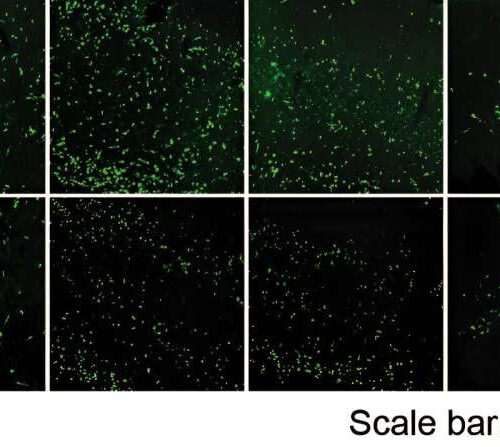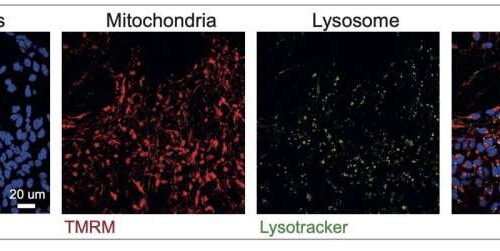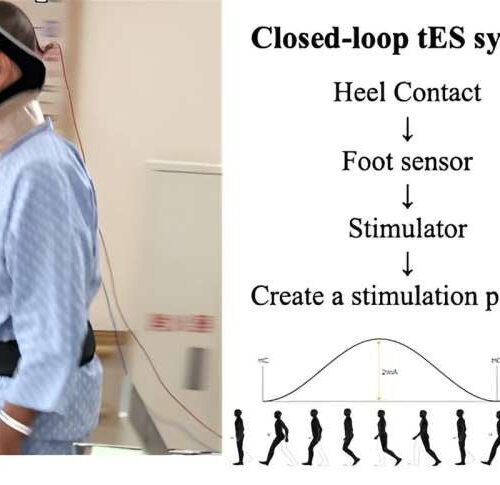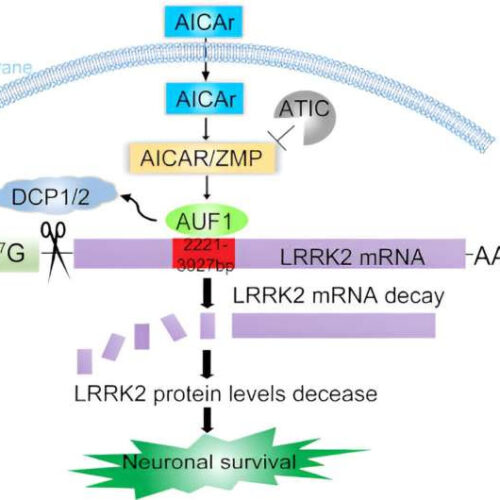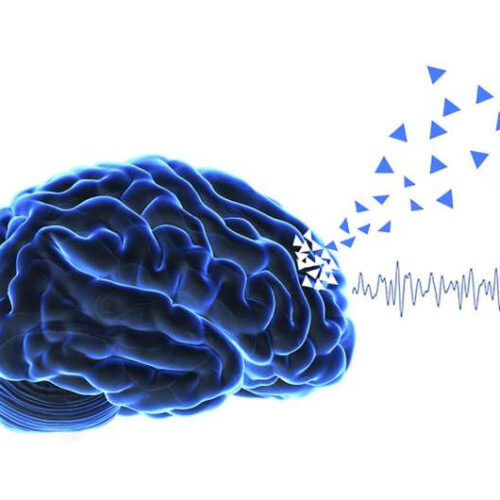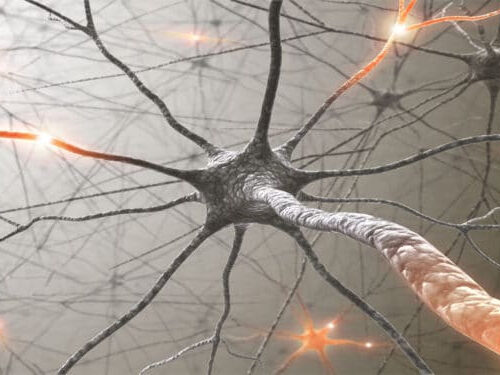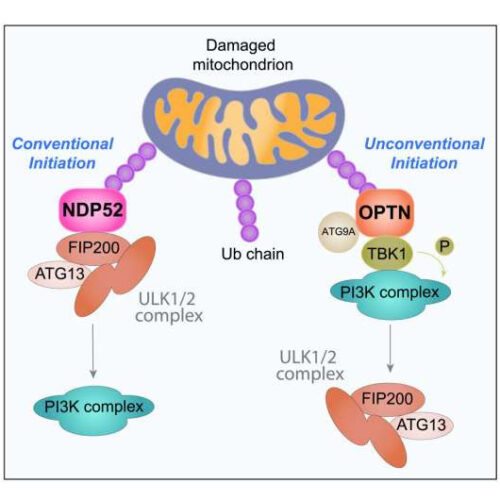by Johns Hopkins University School of Medicine Second row shows how rapamycin dampens alpha-synuclein protein production in a magnified area of a mouse brain. Credit: Mohammed Khan and Ted Dawson, Johns Hopkins Medicine A so-called pathological protein long associated with Parkinson’s disease has been found in a new study to trigger cells to increase protein synthesis,...
Tag: <span>Parkinson’s disease</span>
Well-designed digital health platforms can improve the quality of life for people with Parkinson’s disease and their caregivers
ELSEVIER AUDIO: DARA LYN LOBUONO, PHD, RD, ASSISTANT PROFESSOR IN HEALTH AND EXERCISE SCIENCE AT ROWAN UNIVERSITY, TALKS ABOUT HOW TO BETTER DELIVER INFORMATION ON MEDICAL NUTRITION THERAPY FOR PATIENTS WITH PARKINSON’S DISEASE (PD). THE FINDINGS OF A NEW STUDY IN THE JOURNAL OF NUTRITION EDUCATION AND BEHAVIOR SHOW DIGITAL HEALTH SERVES AS AN ADDITIONAL...
Scientists harness the power of AI to shed light on different types of Parkinson’s disease
by The Francis Crick Institute Image of nerve cells in the cortex of the brain which have been generated from patients’ stem cells (left) – the type of image the computer model used, split into panels showing different parts inside the cell (right). Credit: D’Sa, K. et al. Nature Machine Intelligence. (2023). Researchers at the Francis Crick...
Brain stimulation improves walking in patients with Parkinson’s disease
by Shinshu University Patient with Parkinsonian gait disturbances seeking brain stimulation to improve walking dynamics. A sinusoidal waveform was utilized to delivery electrical current on the cerebellum. The initiation of each current coincided with the moment of heel contact on the affected side during a self-paced four minutes gait. Credit: Ippei Nojima Gait-related disturbances adversely...
Researcher identifies key mechanism in Parkinson’s disease
by Anna Zarra Aldrich, University of Connecticut Proper regulation of LRRK2 levels is important for Parkinson’s disease (PD). ATIC, a purine biosynthesis pathway enzyme, and its substrate precursor AICAr regulate LRRK2 mRNA levels via an mRNA decay pathway. AICAr suppresses LRRK2 expression and can rescue LRRK2-induced dopaminergic neurodegeneration and neuroinflammation in PD animal models. Credit: The EMBO...
Parkinson’s disease: Intense exercise may help to keep the disease at bay
by Universita Cattolica del Sacro Cuore Credit: CC0 Public Domain Neuroscientists from the Faculty of Medicine of the Catholic University, Rome Campus, and the A. Gemelli IRCCS Polyclinic Foundation have found that intensive exercise could slow the course of Parkinson’s disease. The finding could pave the way for new non-drug approaches. The study, “Intensive exercise ameliorates motor...
Presence hallucinations: An early predictor of cognitive decline in Parkinson’s disease
by Ecole Polytechnique Federale de Lausanne Early hallucinations in Parkinson’s disease are associated with frontal cognitive decline (triangles), and preceded by specific frontal neural oscillation (theta frequency band). Credit: EPFL / Bernasconi. Have you ever felt the strong sensation that someone is behind you, so intense that you turn around, only to see that no-one is...
An Ozempic-like drug might protect against the loss of dopaminergic neurons in Parkinson’s disease
by Eric W. Dolan June 26, 2023 in Mental Health [Subscribe to PsyPost Premium to enjoy an ad-free experience! Click here to sign up.] New research suggests that drugs used to treat insulin resistance could potentially help in treating neurodegenerative disorders like Parkinson’s disease. The study found that semaglutide, a compound found in medications like...
Mitochondrial research rewrites understanding of Parkinson’s disease pathway
by Walter and Eliza Hall Institute of Medical Research Credit: Molecular Cell (2023). DOI: 10.1016/j.molcel.2023.04.021 While mitochondria play a crucial role in producing the energy our cells need to carry out their various functions, when damaged, they can have profound effects on cellular function and contribute to the development of various diseases. Broken-down mitochondria are usually removed and recycled through a...
Urine Test for Parkinson’s Disease
JUNE 6TH, 2023 CONN HASTINGS DIAGNOSTICS, MEDICINE, NEUROLOGY Scientists at Purdue University have developed a urine test for early-stage Parkinson’s disease. The technology involves isolating extracellular vesicles of neural origin from urine samples and then assessing the proteins within the vesicles to detect biomarkers of the disease. The researchers have called their technology “EVtrap” (Extracellular Vesicles total recovery...

